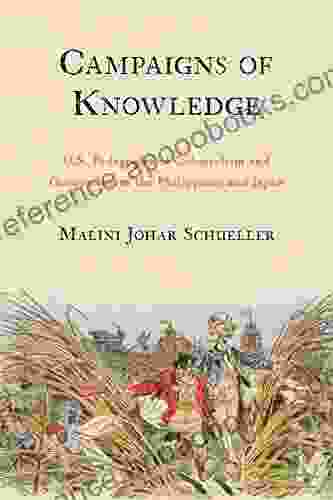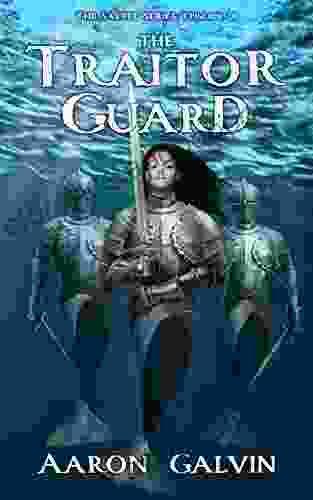Pedagogies of Colonialism and Occupation in the Philippines and Japan

4.4 out of 5
| Language | : | English |
| File size | : | 8861 KB |
| Text-to-Speech | : | Enabled |
| Screen Reader | : | Supported |
| Enhanced typesetting | : | Enabled |
| Word Wise | : | Enabled |
| Print length | : | 312 pages |
By [Author's Name]
This book examines the ways in which colonialism and occupation have shaped the educational systems of the Philippines and Japan. Drawing on a wealth of archival research and interviews with educators and policymakers, the author argues that the educational policies and practices of both countries have been shaped by the experiences of colonialism and occupation.
In the Philippines, the author shows how the American colonial government used education to promote its own political and economic interests. The American colonial government established a system of public schools that was designed to teach Filipinos the English language and American values. This system of education was intended to create a loyal and docile workforce for the American colonial government.
After the Philippines gained independence from the United States in 1946, the Philippine government continued to use education to promote its own political and economic interests. The Philippine government established a system of public schools that was designed to promote Filipino nationalism and economic development. This system of education was intended to create a skilled and patriotic workforce for the Philippine government.
In Japan, the author shows how the Japanese colonial government used education to promote its own political and economic interests. The Japanese colonial government established a system of public schools that was designed to teach Koreans the Japanese language and Japanese values. This system of education was intended to create a loyal and docile workforce for the Japanese colonial government.
After Japan lost World War II in 1945, the American occupation government used education to promote its own political and economic interests. The American occupation government established a system of public schools that was designed to teach Koreans the English language and American values. This system of education was intended to create a loyal and docile workforce for the American occupation government.
The author argues that the educational policies and practices of both the Philippines and Japan have been shaped by the experiences of colonialism and occupation. These experiences have left a lasting legacy on the educational systems of both countries.
This book is a valuable contribution to the literature on colonialism and occupation. It provides a nuanced and detailed analysis of the ways in which colonialism and occupation have shaped the educational systems of the Philippines and Japan.
The book is also a valuable resource for educators and policymakers who are interested in understanding the impact of colonialism and occupation on education.
4.4 out of 5
| Language | : | English |
| File size | : | 8861 KB |
| Text-to-Speech | : | Enabled |
| Screen Reader | : | Supported |
| Enhanced typesetting | : | Enabled |
| Word Wise | : | Enabled |
| Print length | : | 312 pages |
Do you want to contribute by writing guest posts on this blog?
Please contact us and send us a resume of previous articles that you have written.
 Book
Book Novel
Novel Page
Page Chapter
Chapter Text
Text Story
Story Genre
Genre Reader
Reader Library
Library Paperback
Paperback E-book
E-book Magazine
Magazine Newspaper
Newspaper Paragraph
Paragraph Sentence
Sentence Bookmark
Bookmark Shelf
Shelf Glossary
Glossary Bibliography
Bibliography Foreword
Foreword Preface
Preface Synopsis
Synopsis Annotation
Annotation Footnote
Footnote Manuscript
Manuscript Scroll
Scroll Codex
Codex Tome
Tome Bestseller
Bestseller Classics
Classics Library card
Library card Narrative
Narrative Biography
Biography Autobiography
Autobiography Memoir
Memoir Reference
Reference Encyclopedia
Encyclopedia Lisl Klein
Lisl Klein A W Exley
A W Exley Andrew Alexander
Andrew Alexander Dominique Boyer
Dominique Boyer C S Fuqua
C S Fuqua E R Davies
E R Davies John C Trafny
John C Trafny A L Burgos
A L Burgos Pam Laricchia
Pam Laricchia Clare Kane
Clare Kane Lillian Mccloy
Lillian Mccloy Philip Nash
Philip Nash George Creel
George Creel L M Sanguinette
L M Sanguinette Vanessa Rogers
Vanessa Rogers John Burbidge
John Burbidge Larry Mccabe
Larry Mccabe Electrobleme
Electrobleme Beth Andrews
Beth Andrews Saul H Rosenthal
Saul H Rosenthal
Light bulbAdvertise smarter! Our strategic ad space ensures maximum exposure. Reserve your spot today!

 Easton PowellThe Impeachment of Donald Trump: A Shocking Account of the Political Storm...
Easton PowellThe Impeachment of Donald Trump: A Shocking Account of the Political Storm... Edward BellFollow ·20k
Edward BellFollow ·20k Neal WardFollow ·11.3k
Neal WardFollow ·11.3k Miguel de CervantesFollow ·11.7k
Miguel de CervantesFollow ·11.7k Anthony WellsFollow ·2k
Anthony WellsFollow ·2k Fredrick CoxFollow ·18.2k
Fredrick CoxFollow ·18.2k Isaac MitchellFollow ·18.9k
Isaac MitchellFollow ·18.9k Grayson BellFollow ·5.1k
Grayson BellFollow ·5.1k Cormac McCarthyFollow ·6.2k
Cormac McCarthyFollow ·6.2k

 Justin Bell
Justin BellUnlock National Biology Success: The Ultimate Guide to...
Mastering the Fundamentals: A Comprehensive...
 Luke Blair
Luke BlairAC/DC: The Early Years with Bon Scott – A Thunderstruck...
In the annals of rock and roll history, few...
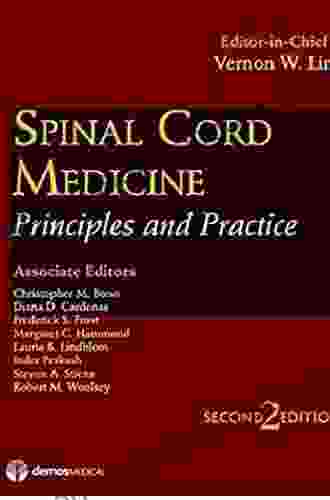
 Darren Nelson
Darren NelsonSpinal Cord Medicine Second Edition: The Comprehensive...
The second edition of Spinal Cord Medicine...
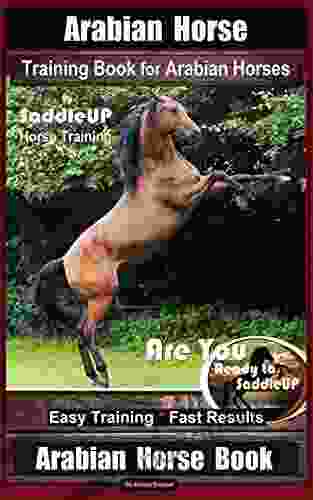
 Cole Powell
Cole PowellArabian Horse Training: Unlock the Secrets for a...
Indulge in the captivating world of Arabian...
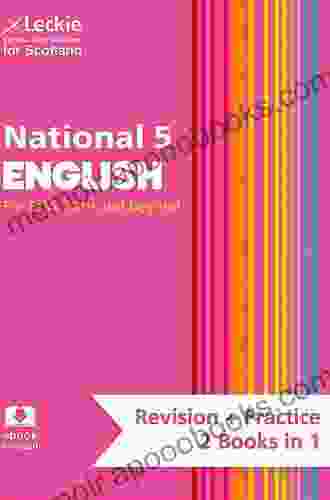
 Oscar Wilde
Oscar WildeRevise Curriculum For Excellence SQA Exams: The Ultimate...
The Scottish...

 David Peterson
David PetersonEndoscopic Ear Surgery: A Comprehensive Guide for...
Endoscopic Ear...
4.4 out of 5
| Language | : | English |
| File size | : | 8861 KB |
| Text-to-Speech | : | Enabled |
| Screen Reader | : | Supported |
| Enhanced typesetting | : | Enabled |
| Word Wise | : | Enabled |
| Print length | : | 312 pages |


